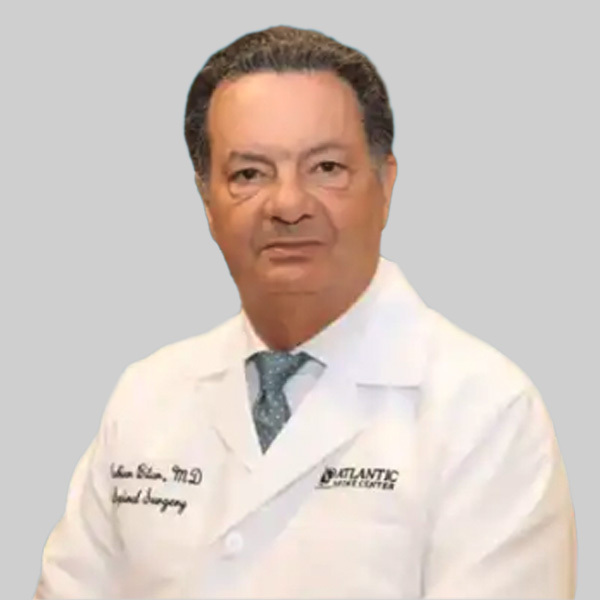WHAT IS A MUSCLE SPASM?
Muscle spasms are involuntary contractions of a muscle. They can occur anywhere in the body, but are very common in the neck, mid-back, and lower back. They can be caused by an underlying condition such as disc herniations and arthritis, but they’re usually the products of prolonged pressure on the muscles or acute trauma.
MUSCLE SPASM SYMPTOMS
What Does a Muscle Spasm Feel Like?
A spasm results in a short but sharp pain and an abrupt tightening of the muscle. The affected muscle may briefly bulge outward.
WHAT CAUSES MUSCLE SPASMS?
Muscle Spasms in Back & Lower Back
Muscle spasms in the back can be caused by sitting for extended periods of time, sleeping in an awkward position, or lifting a heavy object.
Muscle Spasms in Neck
Muscle spasms in the neck can also be caused by prolonged sitting or sleeping in an awkward position. They can also result from sudden trauma or simply leaning your head while talking on the phone.
Muscle Spasms in Legs
Like muscle spasms in the back and neck, muscle spasms in the legs can be caused by extended sitting or sleeping in an awkward position. Dehydration can also be a contributing factor, since a muscle can’t function properly without a consistent supply of water. In most cases, however, these spasms are the product of overuse.
Muscle Spasms in Arms
As with muscle spasms in the legs, muscle spasms in the arms are often caused by overuse or dehydration, but they can also be triggered by a sudden trauma such as a muscle tear.

MUSCLE SPASM TREATMENT
How to Stop Muscle Spasms
Recurring muscle spasms generally respond quite well to conservative methods. Some effective techniques include:
- Trigger point injections
- Massage and acupuncture to relax muscles and increase blood flow
- Physical therapy to stretch and strengthen the muscles
- Icing and heating the muscles to promote circulation
How to Prevent Muscle Spasms
There are a few steps that anyone can take to prevent muscle spasms. These simple measures include:
- Taking breaks from staying in one position for too long
- Sleeping on a supportive pillow
- Staying hydrated
- Stretching before and after exercising
- Introducing more magnesium and calcium into your diet
_________________________________
EXPERIENCING PAIN? DO YOU HAVE AN INJURY?
Our Specialists are here to help.
Book an appointment with NYC’s best orthopedic specialists to discuss your condition. Fill out the form below and you will receive a call from our office within 5-10 minutes. We’ll book an appointment at a time and location that work for you, and send you a reminder by email.











